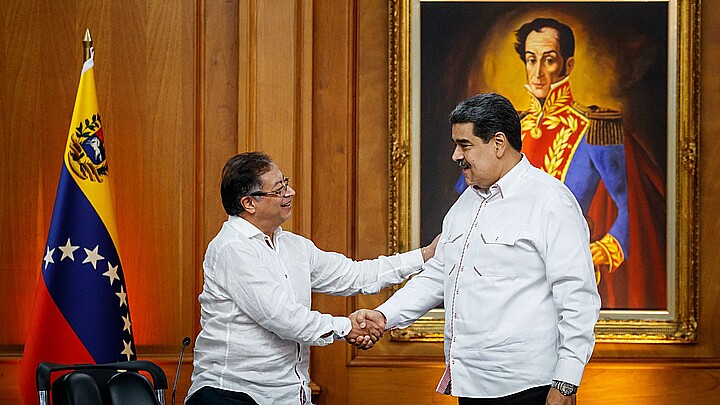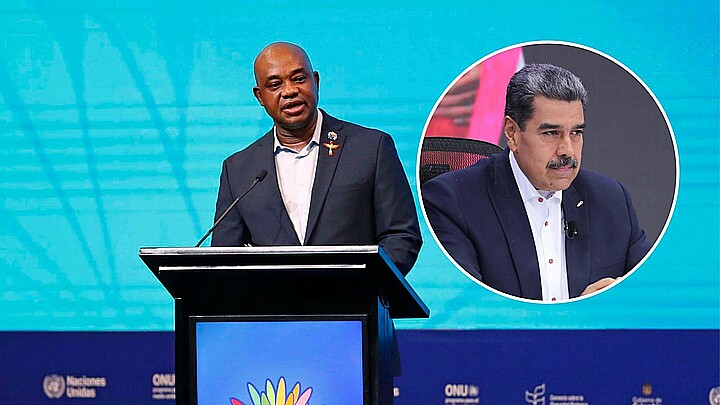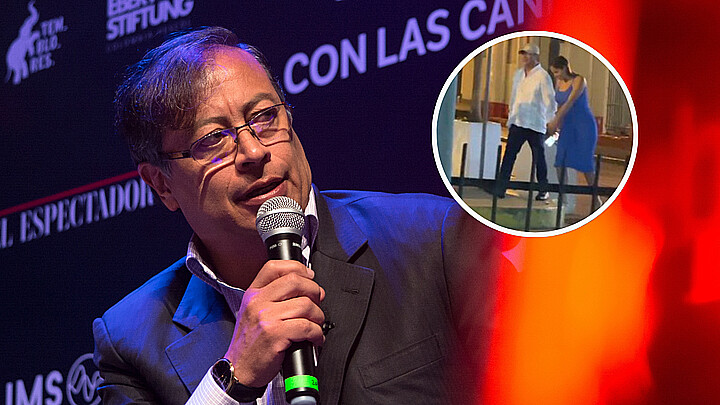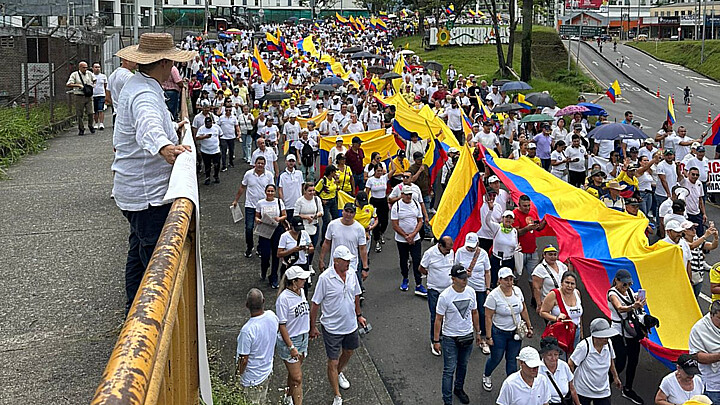Politics
Woman convicted of insulting Colombian vice president
In Colombia, discriminatory acts are punishable with up to three years in prison, although judges have the discretion to impose alternative penalties
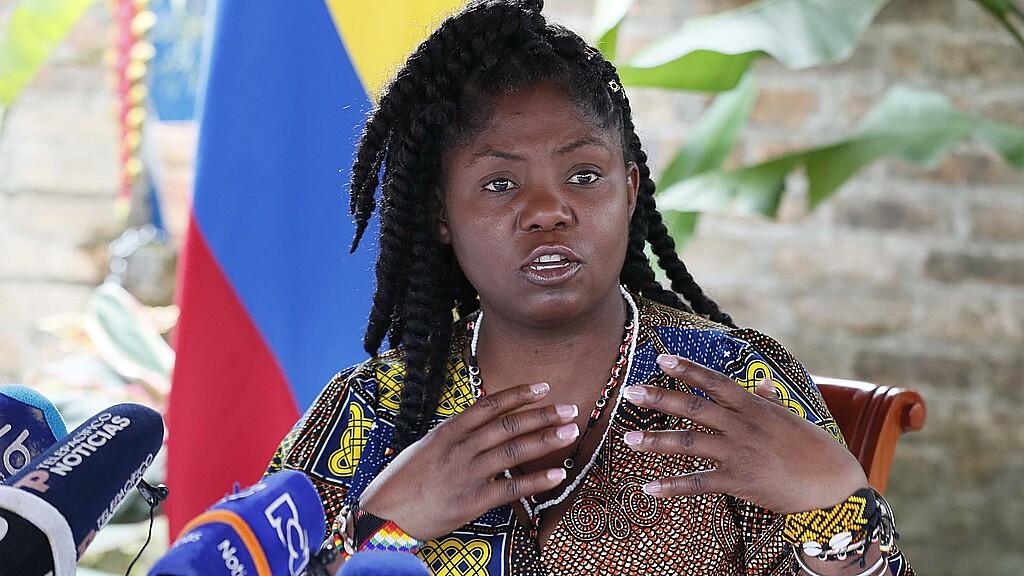
April 11, 2023 7:41pm
Updated: April 11, 2023 8:38pm
A 62-year-old woman from Bogota was convicted on Tuesday of "discrimination and harassment" after insulting Colombia's first black vice president, Francia Marquez, with racist remarks during an anti-government protest last year.
Luz Fabiola Rubiano, a small business owner, went viral after a local news site posted a video in which she insulted Marquez. In the video, Rubiano responded to a question from the press by calling Marquez an "ape" and claimed that Black people "steal, attack and kill."
The incident prompted an investigation by the prosecutor's office, which accused Rubiano of inciting hatred and damaging the reputation of Marquez and Colombia's Afro-Colombian population. Rubiano has pleaded guilty to the charges and will be sentenced by the judge on May 30.
In Colombia, "discriminatory acts" are punishable with up to three years in prison, although judges have the discretion to impose alternative penalties, such as probation or house arrest.
However, when Colombian cartoonist Julio César González, known as "Matador,” drew former President Iván Duque with a pig's face and a tie, he was not punished for discriminatory acts.
"This poster alludes to the famous image of Obama in 2008, here it said Hope... We use the same color palette... what they want to sell us is this [Obama's image], but in reality, it is a pig [Duque]" commented Matador.
Marquez, who has often spoken out about racism in Colombia, became the country's first Black vice president last year after helping leftist Gustavo Petro win the presidential election.
She has stated that racism in Colombia is the legacy of colonialism and slavery. However, she became the target of criticism after videos were released showing her arriving at her residence, in an exclusive sector of Cali (Valle del Cauca), by helicopter.
Marquez arrived at her new home after Colombian authorities found a device containing 7 kilos of explosives on the road leading to his former family residence in Suarez, in the department of Cauca.
The Colombian Prosecutor's Office determined that they found a bottle, some wires, and elements of explosive use, but that the device did not constitute an explosive device.
On March 21, the vice president also denounced the presence of explosives when she was on her way to an act of recognition of the state in Chocó. However, the Attorney General's Office delivered an investigation report and determined that no explosive devices were found.

